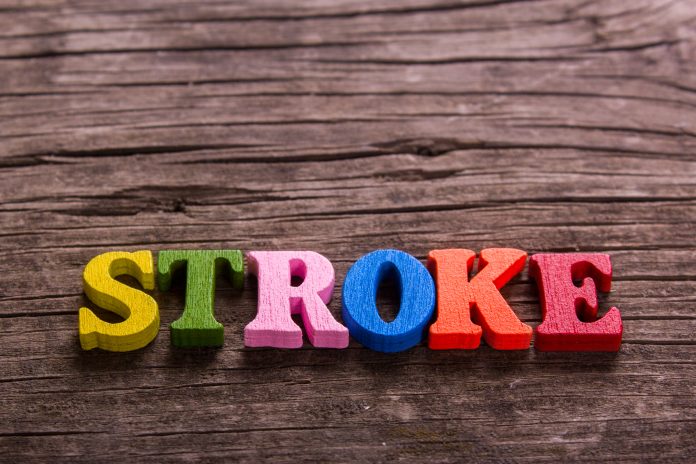It still amazes me that after almost 2 years from my Dad having his stroke that I continue to find great resources of information. I wish I had known as much as do now after my Dad’s stroke. In an effort, to help others, I wanted to share some great insights I recently cam across that may help someone who is now a caregiver to a loved on who has had a stroke. I always want to say that I refer to a stroke victim because a victim is anyone hurt or injured because of something, someone or an incident….like a stroke.
What are the initial things I should know?
- Medications – don’t hesitate to ask questions about medication subscribed and learn about any side effects. This could explain unusual behavior. Remember, you know your loved one and how they were before the stroke. Tell the doctors about how they behaved BEFORE the stroke, then you can better assess if a behaviour change is from the stroke damage or maybe medications. If medications, changes can be made to help them verses making them worse. If you understand the side effects of medications and you think they may be making your loved one worse…push for a change! Again, only you know your loved one.
- Don’t compare – every victim is different. Each stroke is different. We cannot broad brush recovery. It depends on many factors. So don’t let anyone say this is typical because each case can be different. How you are able to care for your loved one, the part of the brain, the severity of the stroke, the will of the patient amongst other things all impact recovery and recovery time. So look at them as you knew them and now know and appreciate who they are. Strive for positivity and helping them stay motivated to continue to get better.
- Celebrate the wins – it is suggested the most gains/improvements of stroke victims happen within a few months post-stroke. Celebrate every single one, big or small. Stay positive, stay focused and keep your loved one motivated. Don’t be discouraged with what they may not be able to do, focus and celebrate on what they can do.
What else should I know?
- Live well – continue to support a healthy lifestyle for both you and your loved one. It is important post stroke to live a healthy, well-balanced life to avoid future strokes. It is important to you as a caregiver to look after yourself so you can continue to caregive.
- Depression happens – imagine life changing in a split second and you are no longer able to do the things you have always been able to do. How frustrating and overwhelming would that be? Very. So many stroke victims experience depression. Recognizing and treating depression can be key to their recovery.
- Be an advocate – you have every right to know what is going on, why it is going on and who decided. Don’t be afraid to ask questions. Challenge decisions. Believe in your instincts. Again, you know your loved one better than anyone else. Don’t forget that!


